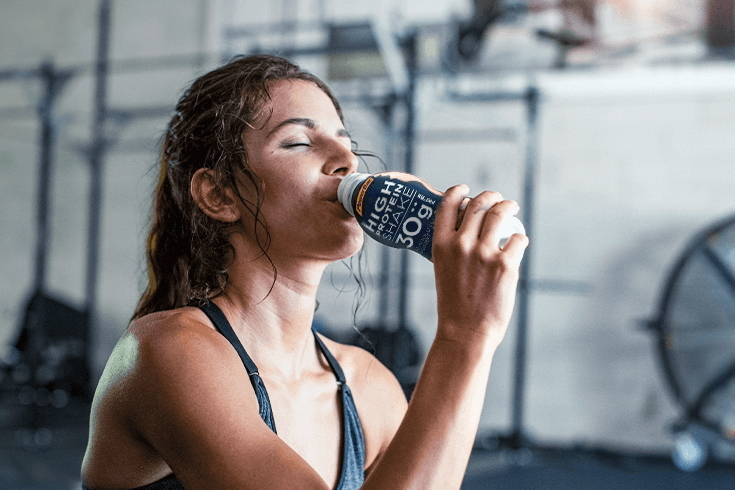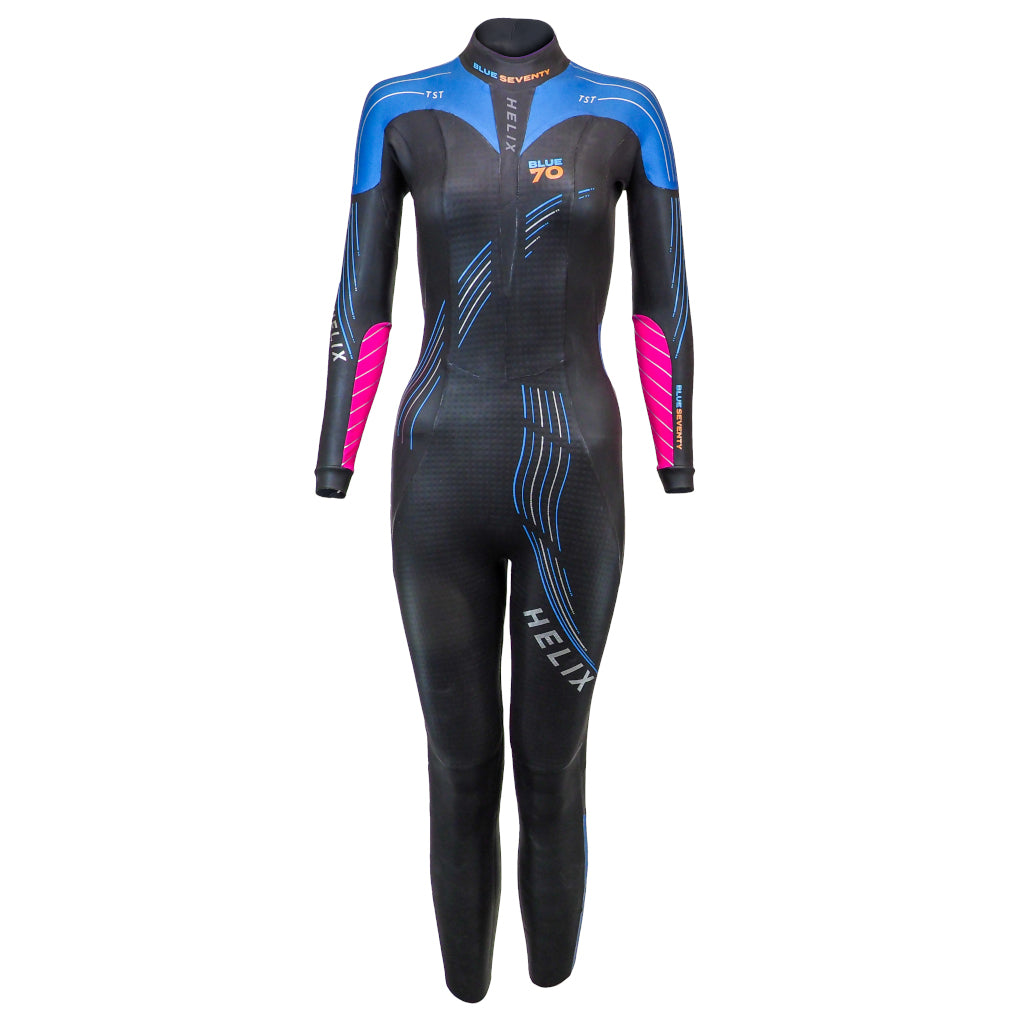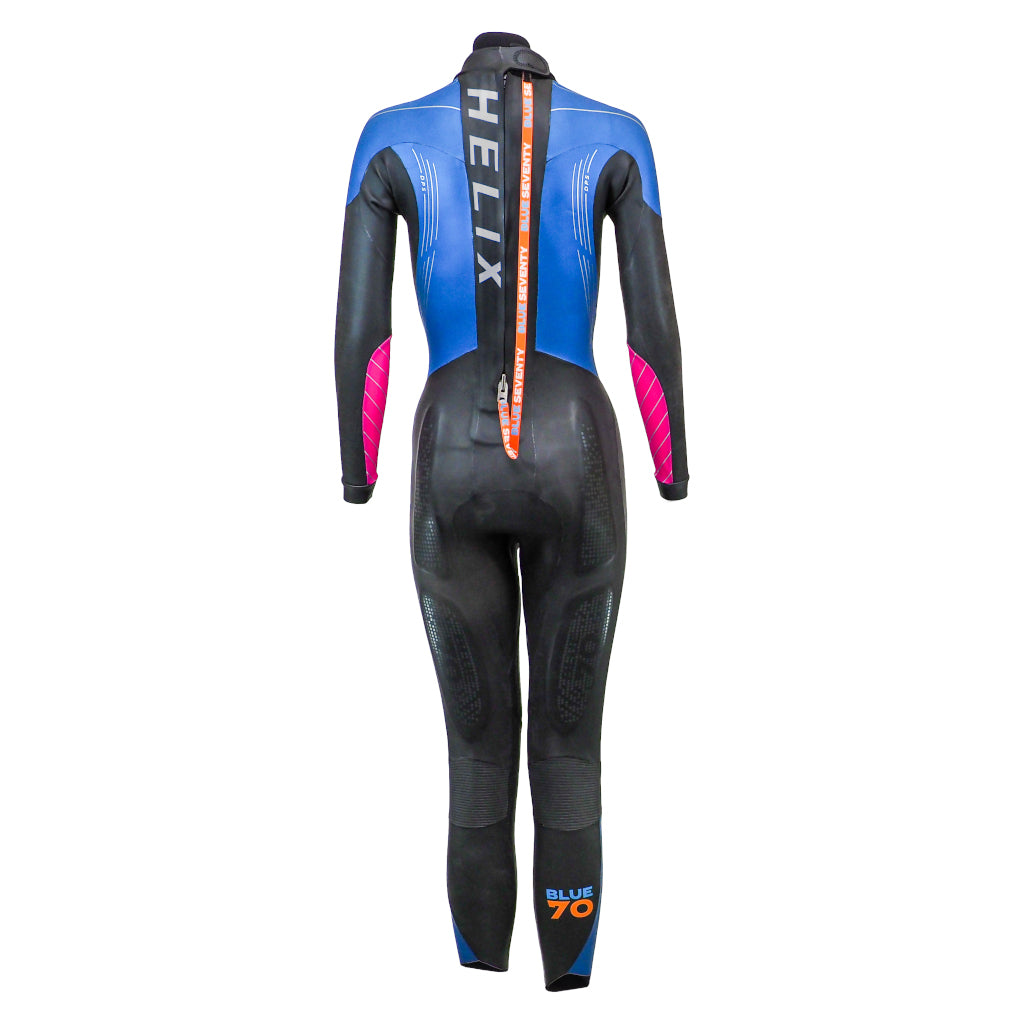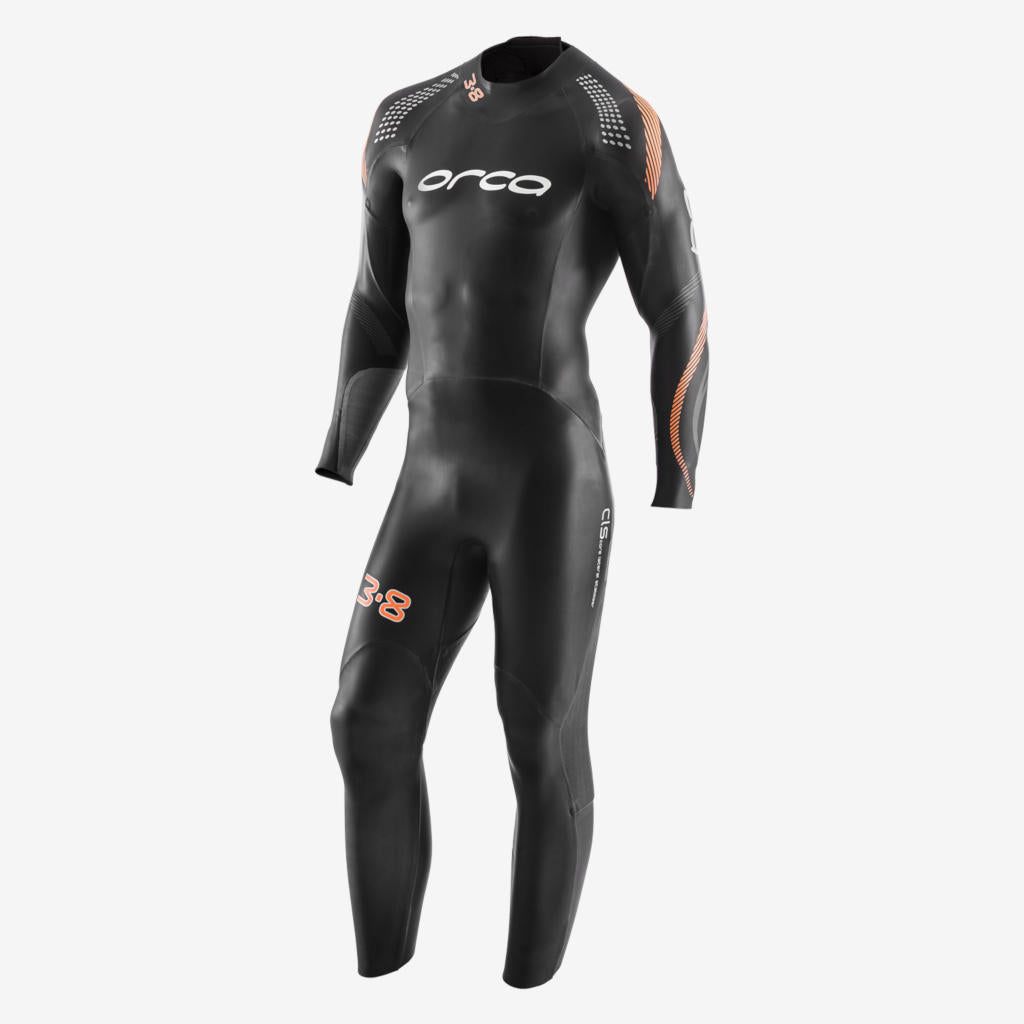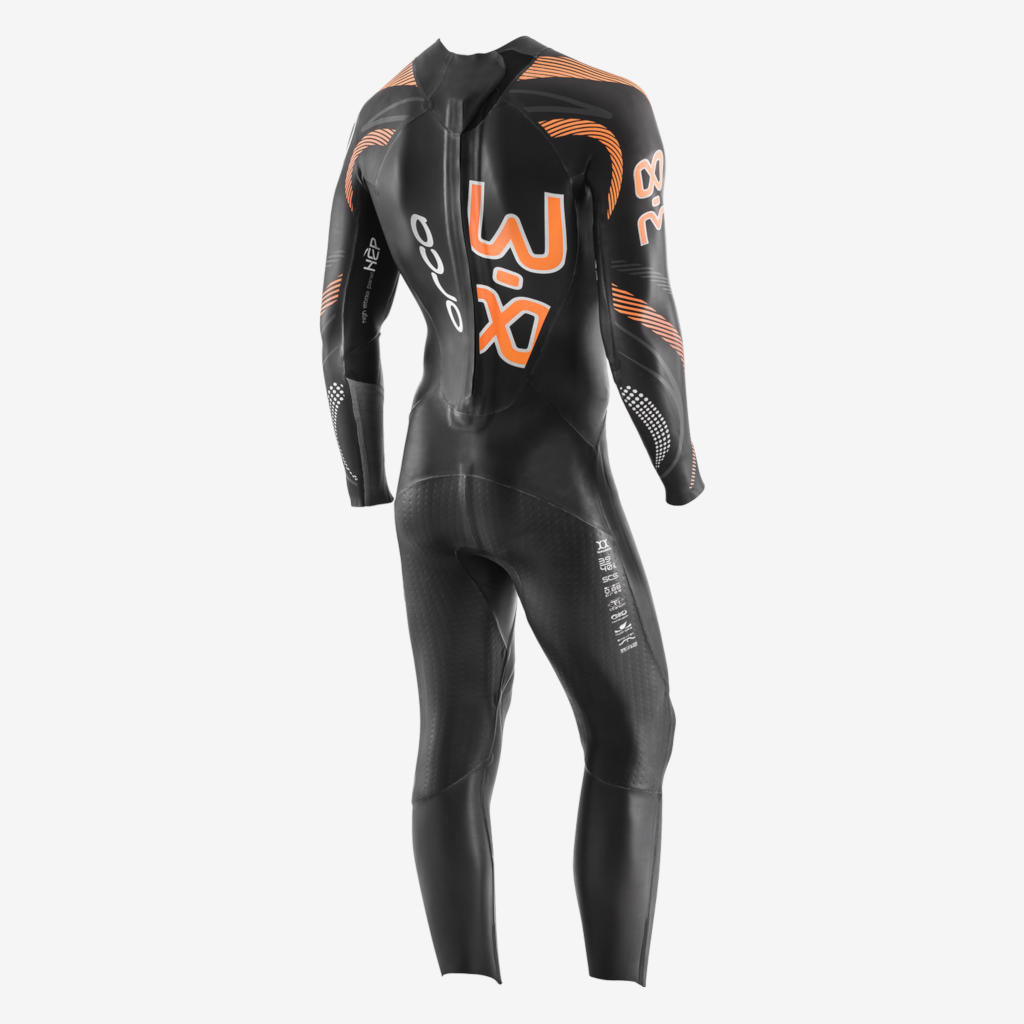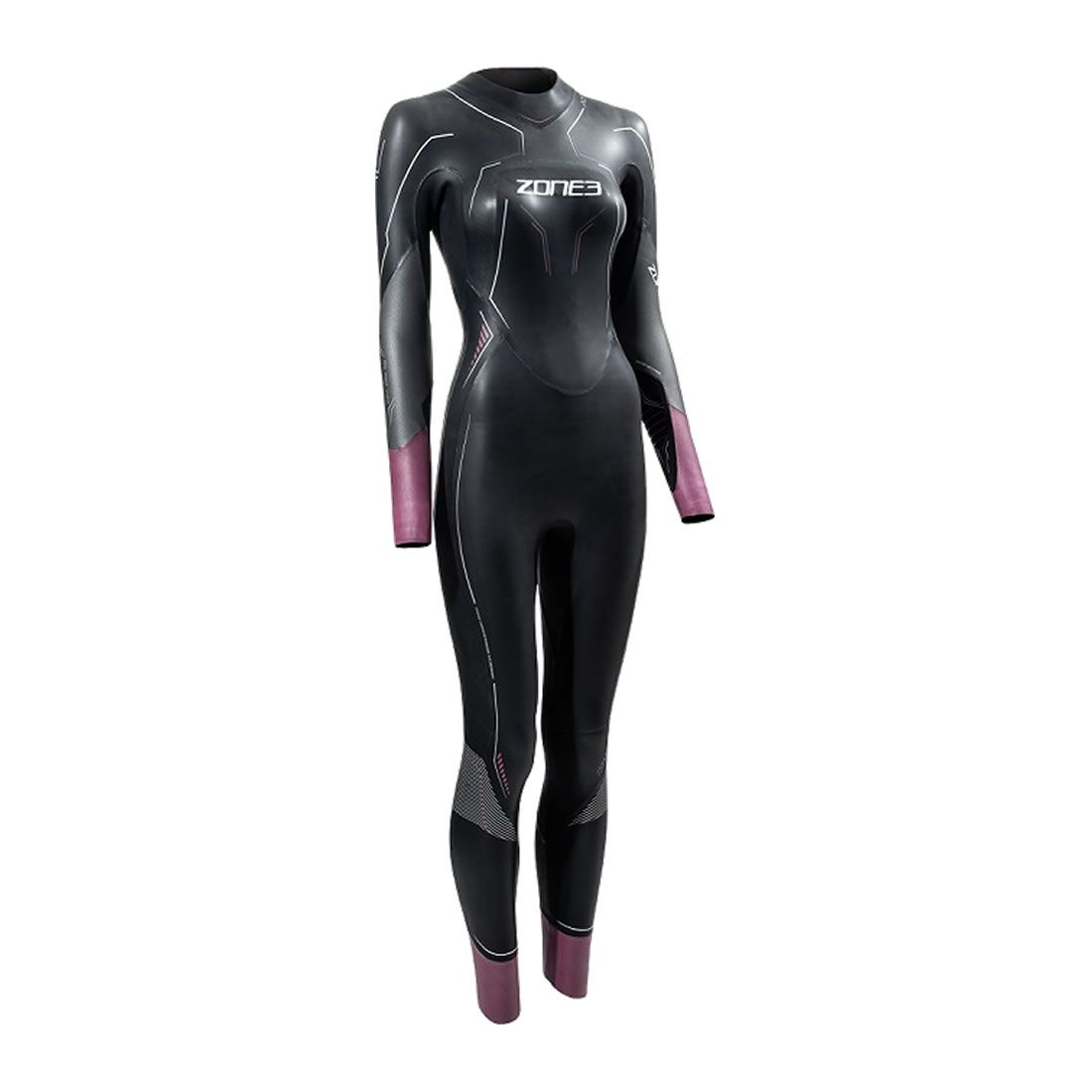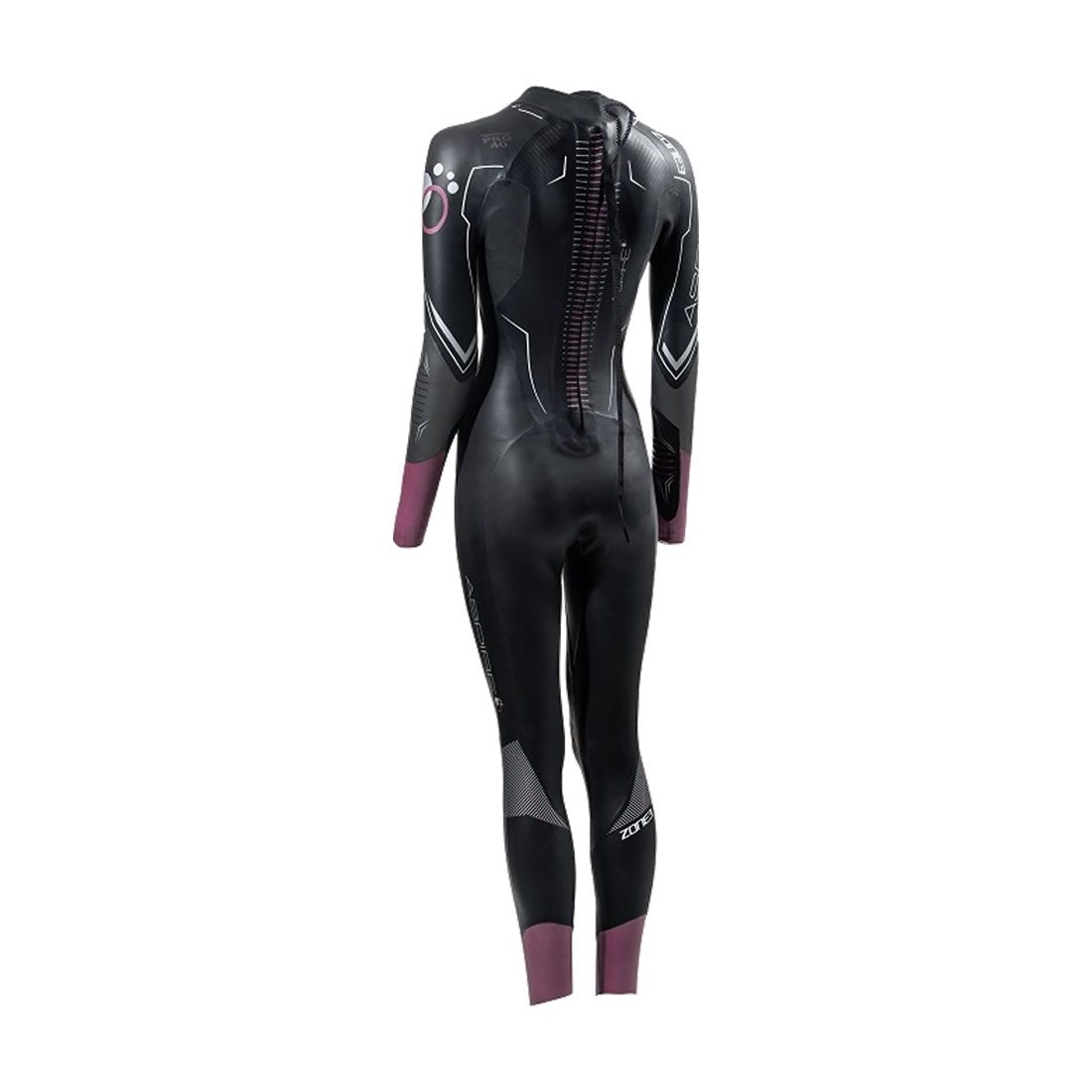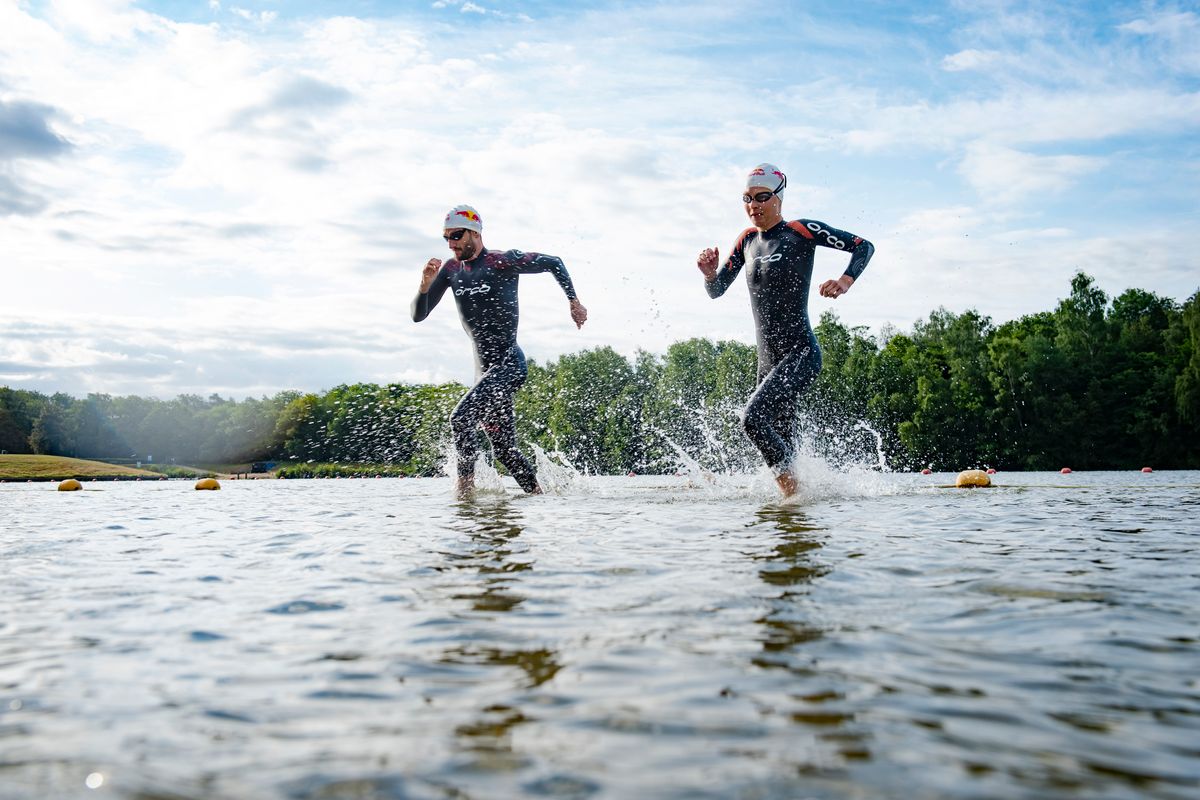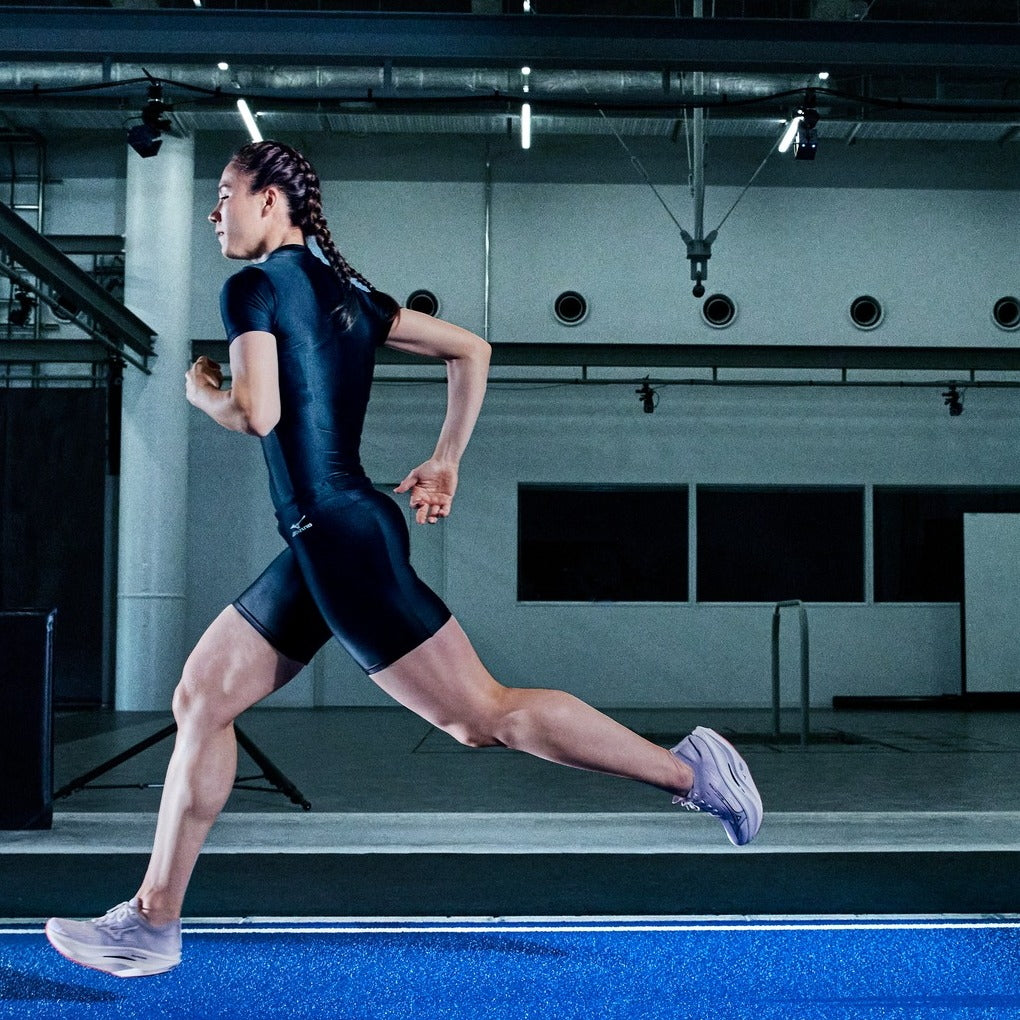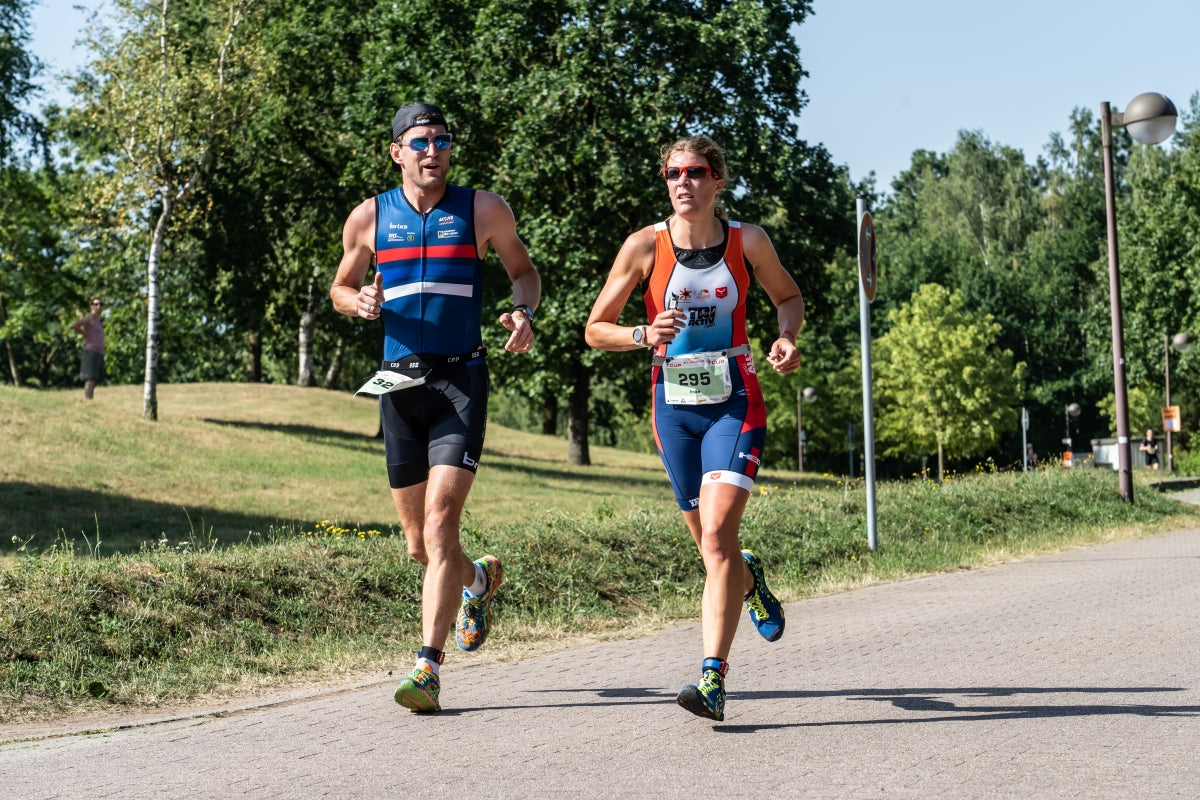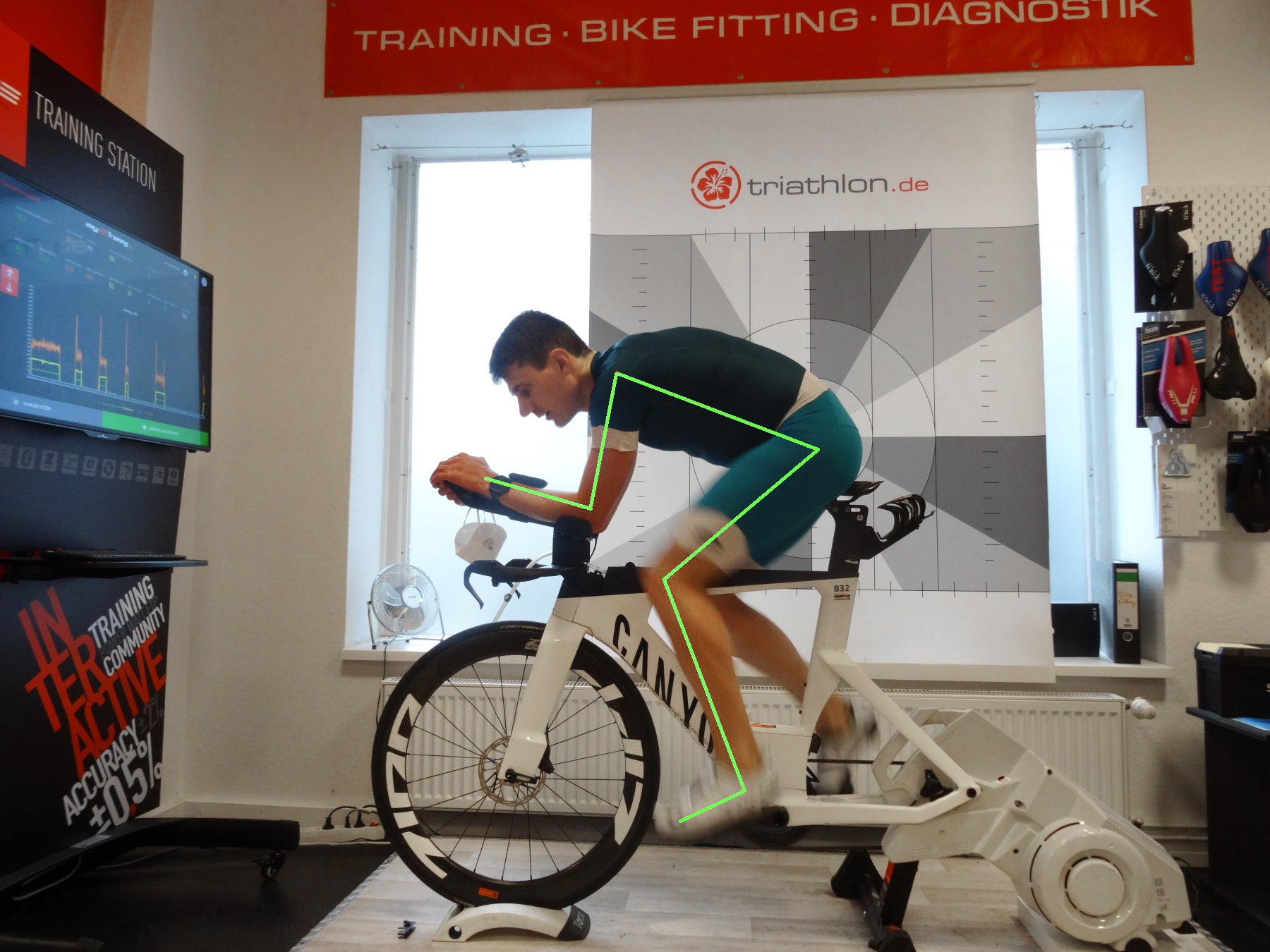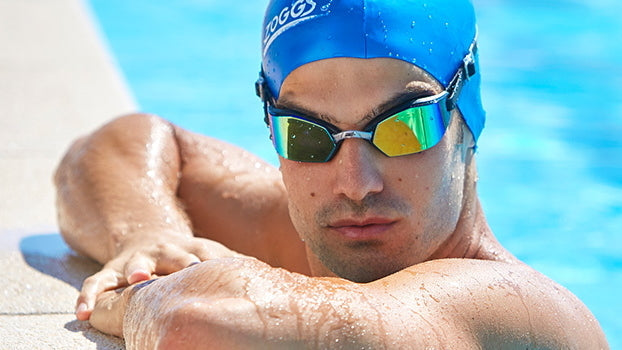Die ersten 30 Minuten nach einer Trainingseinheit sind das entscheidende Zeitfenster für die energetische Nachbereitung und schnelle Regenerationsfähigkeit der Muskelzellen. In diesem Beitrag erfährst Du, wie Du am besten auf diese Prozesse Einfluss nehmen kannst.
Welche Funktion hat Eiweiß im Körper?
Neben Kohlenhydraten und Fett ist Protein der dritte Grundbaustein der Ernährung. Kohlenhydrate dienen primär der Energiegewinnung, Fett der Energiespeicherung und Protein dem Aufbau und der Reparatur körpereigener Substanz. Zusätzlich bindet Eiweiß Sauerstoff und Fette und transportiert diese durch den Körper. Der Mangel kann daher schwere Folgen für den Körper und das Immunsystem haben. Proteine können aus bis zu 20 verschiedenen Aminosäuren bestehen, von welchen 9 essentiell sind, d.h. sie können nicht vom eigenen Körper hergestellt werden, sondern müssen über die Nahrung aufgenommen werden.
Was passiert während bzw. nach dem Sport?
Betrachtet man die Welt aus der Sicht eines Triathleten, so besteht der Tag aus Trainieren und Nichttrainieren. Abhängig von der Wettkampfdistanz haben die zu absolvierenden Einheiten eine Dauer von einer bis zu sechs Stunden. Dies entspricht 5 bis 33 % der im Wachzustand verbrachten Tageszeit.
Der Bedarf des Körpers an Protein ist in dieser Zeit nicht vermindert, sondern im Gegenteil erhöht, da zur Energiegewinnung immer auch Aminosäuren herangezogen werden, deren Verbrauch mit zunehmender Intensität und Dauer steigt. Eine für Läufer und Radfahrer nicht untypische Beobachtung ist es, nach mehrstündigen Lauf- oder Radeinheiten mit deutlich dünneren Beinen heimzukehren als man gestartet ist. Es ist also insbesondere an längeren Trainingstagen nicht empfehlenswert, sich zur Deckung seines Proteinbedarfs nur auf das Abendessen zu verlassen.
Je höher also der Reparatur- oder Aufbaubedarf, also je stärker die Trainingsbelastung oder der Trainingsreiz, desto größer ist die Bedeutung einer adäquaten Proteinversorgung.
Besonders wichtig sind hier die ersten 30 Minuten nach Ende der Trainingseinheit, das sog. "anabole Fenster". Diese energetische Nachbereitung des Trainings ist ein entscheidender Teil der Regeneration. Zur erfolgreichen Nachbereitung sollte eine Mix aus Kohlenhydraten und Proteinen aufgenommen werden. Mit Kohlenhydraten werden die Glykogenspeicher aufgefüllt und die Proteinzufuhr "repariert" die Mikrotraumen in der Muskulatur.
Wieviel Einweiß solltest Du nach dem Training zu dir nehmen?
Die Protein- bzw. Kohlenhydratmenge ist stark von Faktoren wie Alter, Geschlecht, Trainingsdauer- und intensität abhängig. Bei Ausdauersportlern liegt der tägliche Bedarf jedoch bei ungefähr 1 - 2g Protein pro Kg Körpergewicht.
Wie kann der Eiweißbedarf gedeckt werden?
Vor allem nach langen und anstrengenden Trainingseinheiten können dem Körper durch Proteinriegel und Getränkepulver sehr schnell wichtige Nährstoffe hinzugefügt werden. Der Vorteil hier ist, ein Riegel/Getränk benötigt keine Vorbereitungszeit und Athleten, welche direkt nach dem Sport kein Appetit haben können nach der Trainingseinheit Kohlenhydrate und Proteine aufnehmen.

